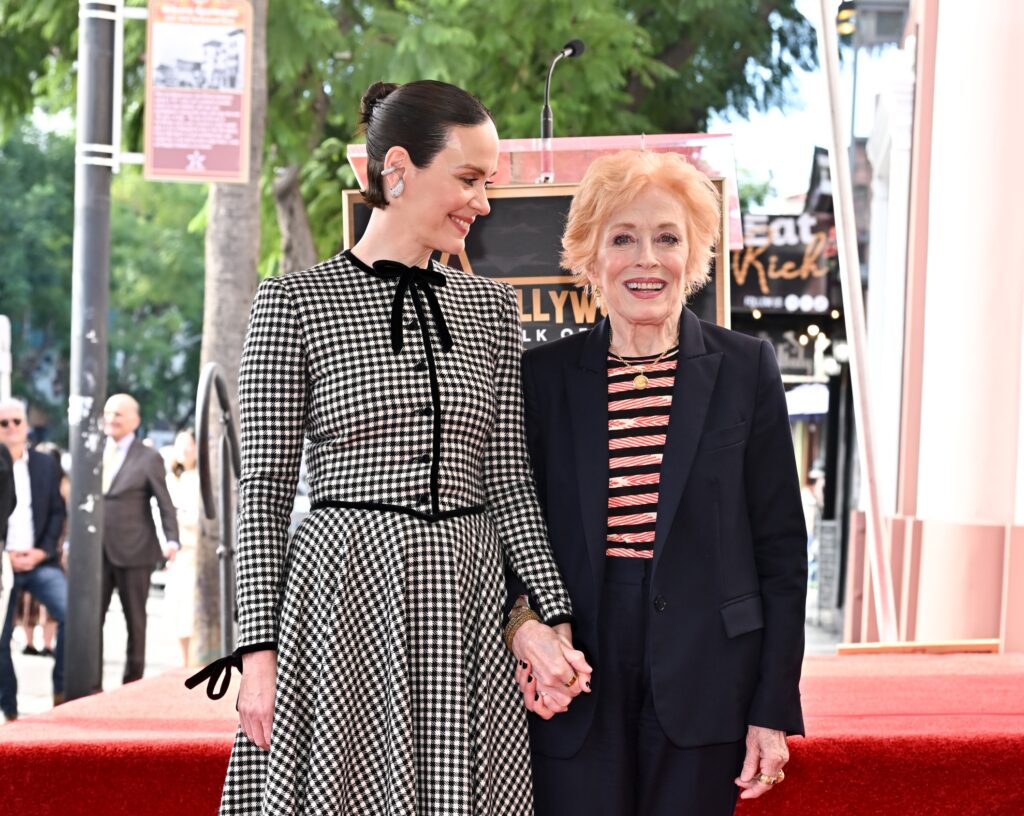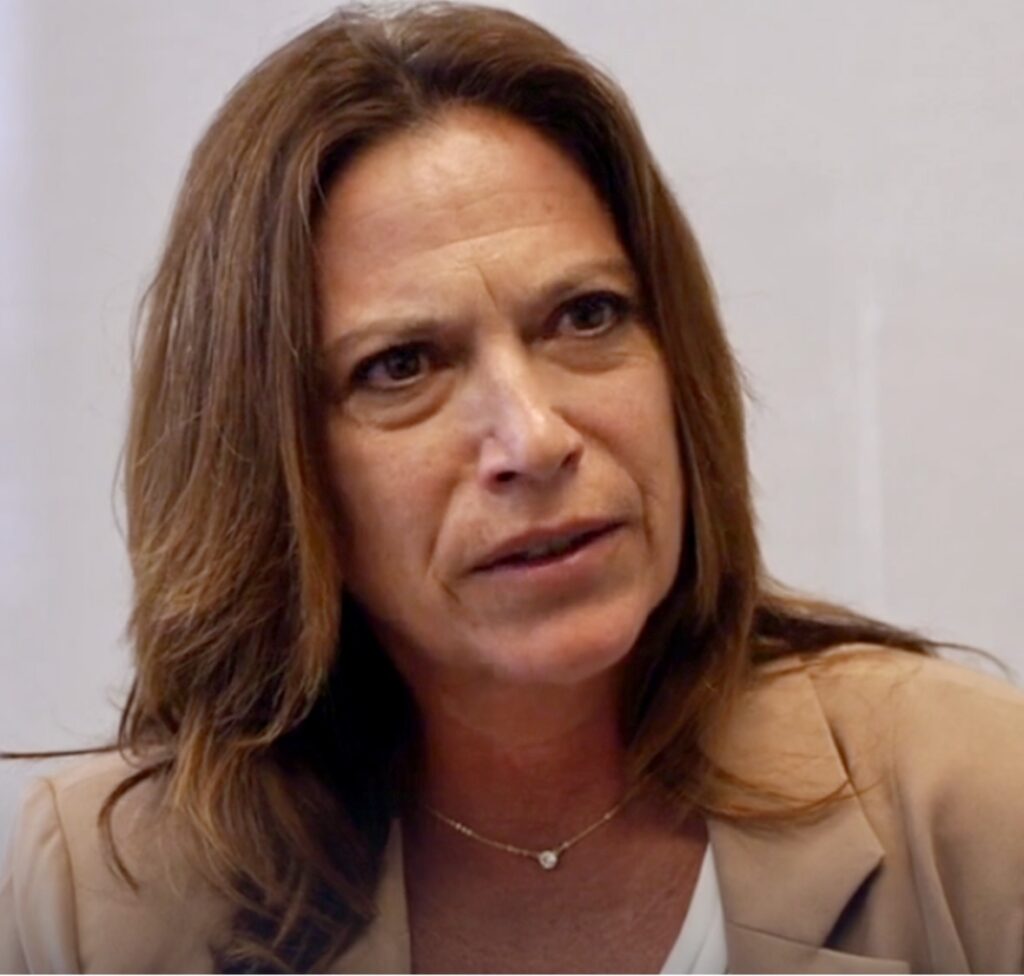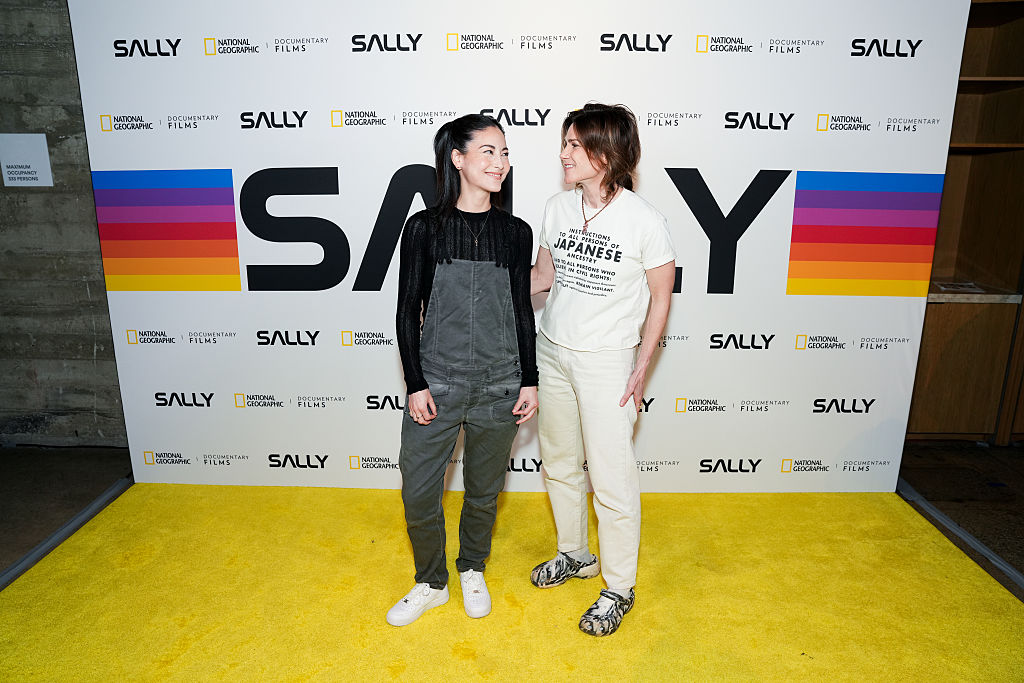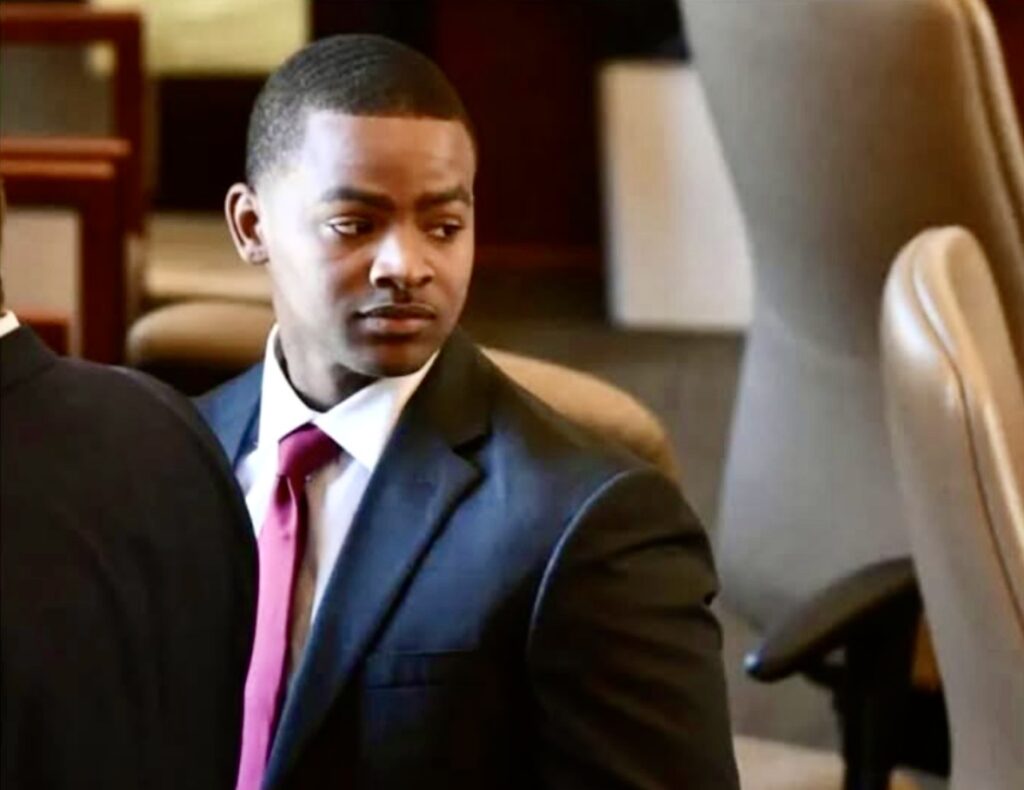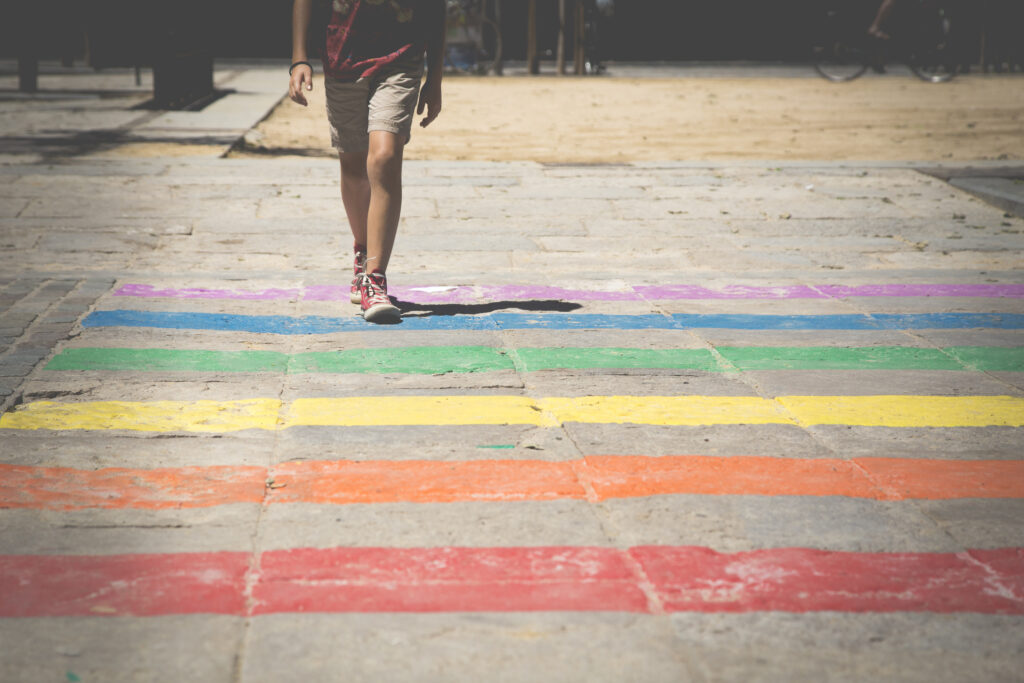I Was A Lesbian Before I Knew Girls Like Me Could Be

Sometimes I want to be femme. Other times, I’m sure I’m a tough punk-butch.

For the next week, GO will be running a series of essays written by different LBTQ women, describing what lesbian, bisexual, trans, and queer means to them.
I was a lesbian before I knew girls like me could be. I was a lesbian before I knew there were girls like me at all. When girls like me were still a prayer on the cusp of sleep, I was a lesbian in my dreams. I was a lesbian on the boys’ cross-country team, but nobody noticed because I did not look how a lesbian was expected to look. I did not have the body a lesbian was expected to have. I might never but I don’t mind.
I will be a lesbian despite it.
I was a lesbian when people thought I was a straight boy and I was a lesbian when people thought I was a boy in a dress. It wasn’t until I looked like a woman to most everyone except myself that it occurred to them that I was one. It wasn’t until being clocked as a trans woman that I started being clocked as a lesbian. When my fiancée and I are holding hands, being cute, being a couple in the clutch of public gaze, it is apparent—along with the risk of violence—that I could not be less what I am: A lesbian.
It is agreed I am a lesbian when I am passing and in a dress, when I am femme-flagging with my nails painted in complementary colors. When I do stereotypically feminine things, people are more likely to take my identity seriously.
But I don’t always want to decorate myself like that. I’m not always in the right mood, or it might be too much work—we all have those weeks—and so I present more butchly. In those moments, when my nails are bare and my lips un-painted, when I wear what I wore before transitioning, some people are less likely to agree. But there are things I am unwilling to get rid of. I am proud of my history. I don’t see myself as transitioning so much as discovering the queer genealogy that led to me.
I’m learning in reverse. And so much of it has been through music.
I went from listening to God Help the Girl in the large white bedroom of a nearly dilapidated college-house while my roommates bustled and banged around behind the walls, to Ezra Furman and Against Me! in a lovely Victorian apartment, to the Slits and the Raincoats, to Le Tigre. Now I’m confident in my gender and sexuality, located entirely in the architecture of my own body. So much of coming out is finding the language and lyric of our desire and these are the bands that helped me do that.
When we were sophomores in college, I came out to my girlfriend Charlie. Now we’re engaged. We were living in that big college house. We had just watched “God Help the Girl,” the Scottish twee band orchestrated by Stuart Murdoch of Belle and Sebastian made into a movie, on a laptop balanced on one of each of our knees. We listened to the soundtrack on repeat. There was something sensual yet vicious about “Musician Please Take Heed,” about a girl starving herself. It was a refusal I could understand. Caitlyn Jenner had just come out and there were vicious headlines all over the internet. I felt bad for her. I turned to my partner in bed and said, “I don’t think I can wait that long.”
It was the first time I told anyone. It was the first time I wore a dress. It wasn’t much of a vision: Just me, in a long white polka-dotted summer dress that would never be my style while my fiancée looked on happily. Glad to know something so personal, glad to be a part of it. She was thrilled about it. It was like setting off on a grand project together. It was a risk and an adventure, but only for a while. Soon, living in my realized gender became mundane—a regular kind of latent joy, the kind of life most people live. For weeks afterwards, I walked to and from class singing “It’s part of my induction into the literate world / I am a literate girl. / I string the words together softly / I lay my love upon you with each line” privately in my head, practicing my own voice.
It was amazing to have a feminine narrative accessible to me. Hearing Katherine Ireton was like listening to a girl who had so much in common with me. Her voice in my ear was a dream of a pleasant future. It was the opposite of Caitlyn Jenner: Coming out so late, at an age I wasn’t sure I would get to.
While I don’t sing—at least with anyone listening—I’ve been lucky to have a voice that falls within the expected female range and register. It makes it easy to find a job when you are not outing yourself on the phone. It makes it easier to get by when you can talk to people, explain yourself, introduce who you are in your own words; but for so many transgender people, we are expected to sound femme just to get a word in, and that is an often-dangerous proposition. We shouldn’t have to hide our voices or change them to fit in. We should not have to sound nice to not be murdered.
When I was presenting in femme but not yet passing, I took a lot of motivation and encouragement from queer rock bands. I was listening to genderqueer Jewish punk-rocker Ezra Furman’s “Body Was Made” while I was coming out at the University. His lyrics are joyful and combative. He sings “My body was made this particular way / There’s really nothing any old patrician can say / You social police can just get out of my face / My body was made” with a wild wail of a saxophone behind him. It’s all about doing what you want, wearing what you want, and being what you want to be because—as he says—“we want to be free, yeah, we go our own way.”
It felt like that song gave me permission to be obviously and proudly trans. It gave me a lesson. It gave me a response for the people around the university, and around town who tried to punish my femininity by harassing me on the street, shouting down after me while I was walking home from work, or by dictating the terms of what my work should look like and sound like when it intersects with gender.
Most importantly it gave me permission to not always want to pass.
So often it feels like our culture only tolerates transgender women who pass as cisgender because they are easily ignored. When we don’t pass or don’t want to pass, when we wear what we want even if it isn’t what people expect, we are accused of being too militant. I have heard before and I am sure I will hear again that the reason this kind of proud and tough flamboyant femininity is hazardous to feminism is because it enforces the bright pink stereotypes of women’s gender-roles and its western trappings.
But it is less that trans women are enforcing those stereotypes than that we were raised the same way other girls were.
We saw the same ads, watched the same movies. We want what other girls want for the all same reasons—some of them a personal taste and some of them are taught.
Sometimes I want to be femme. Other times, I’m sure I’m a tough punk-butch. It’s a mistake to think I can’t be both in equal measure.
I was late to discover Bikini Kill, or Kathleen Hanna; I was twenty-eight years too late when I first listened to the pissed off energy of “Rebel Girl.” It just felt so relevant, so resonant. Although there weren’t many trans women on the Riot Grrrl scene, and the whole thing is kind of tarnished by its involvement with the “womyn-identified-womyn” Michigan festival, we benefited a lot from the breaking down of boundaries, from embracing femininity as a radical identity. It opened a lot of ways for women to behave and misbehave, to be loud, aggressive, and active.
So much of queer culture is piecing together a history you never knew you had.
It’s realizing there are precedents for the way you are, a genealogy in the culture at large beyond and beside your family. For me, that history is best embraced in music because it reminds me that every day there will be more art made by transgender artists.
There will be more music, more poems, and TV shows because we are finally approaching a point in our culture where there is room for transgender voices. We have a queer culture but are not just a subculture. We are thriving participants and creators of the culture at large.
We are taking the mic and singing our lyrics.
Brynn Bogert is a poet, living and writing in Iowa City with her favorite person and her favorite cat while cursing the snow under her breath.








